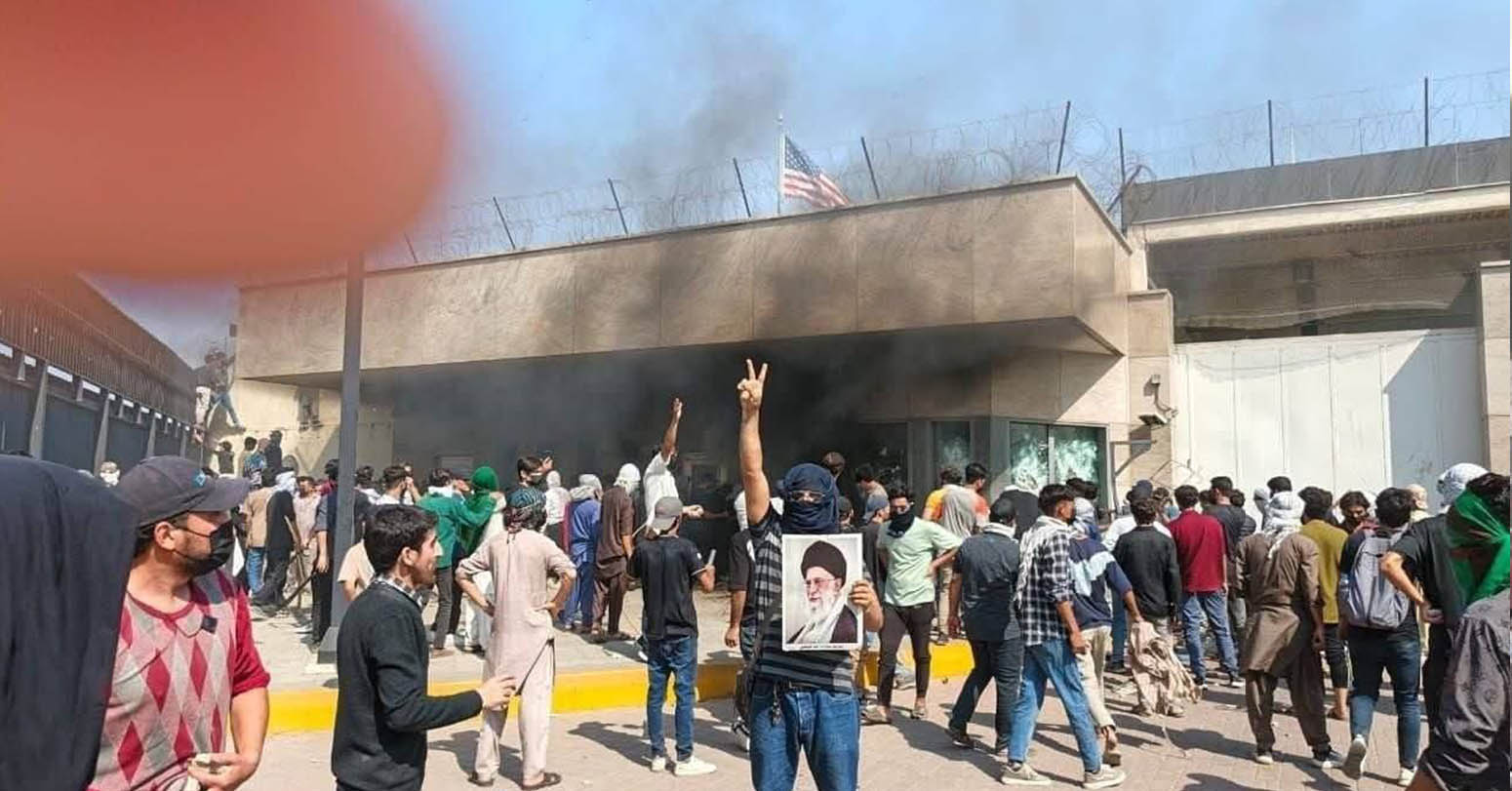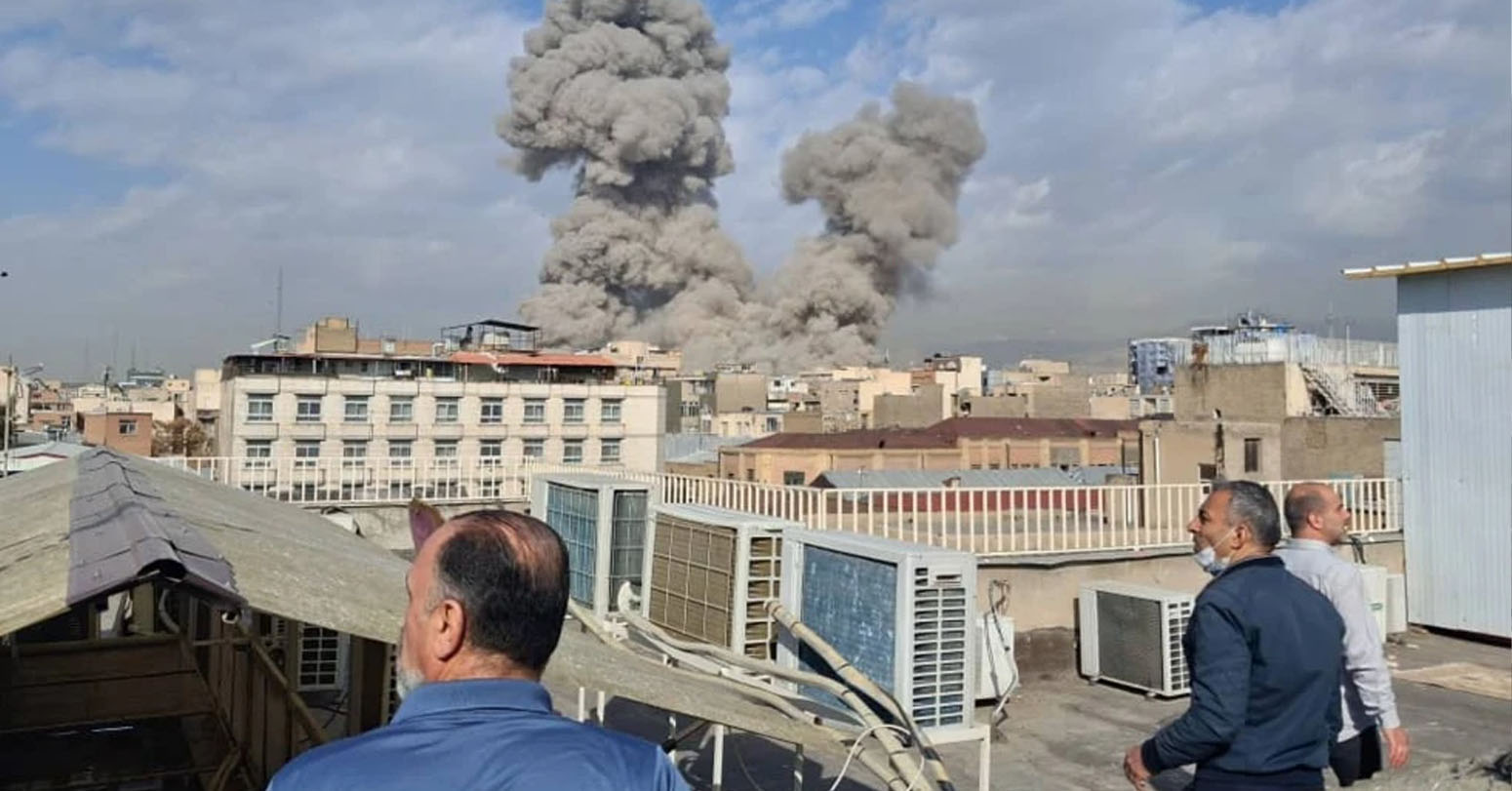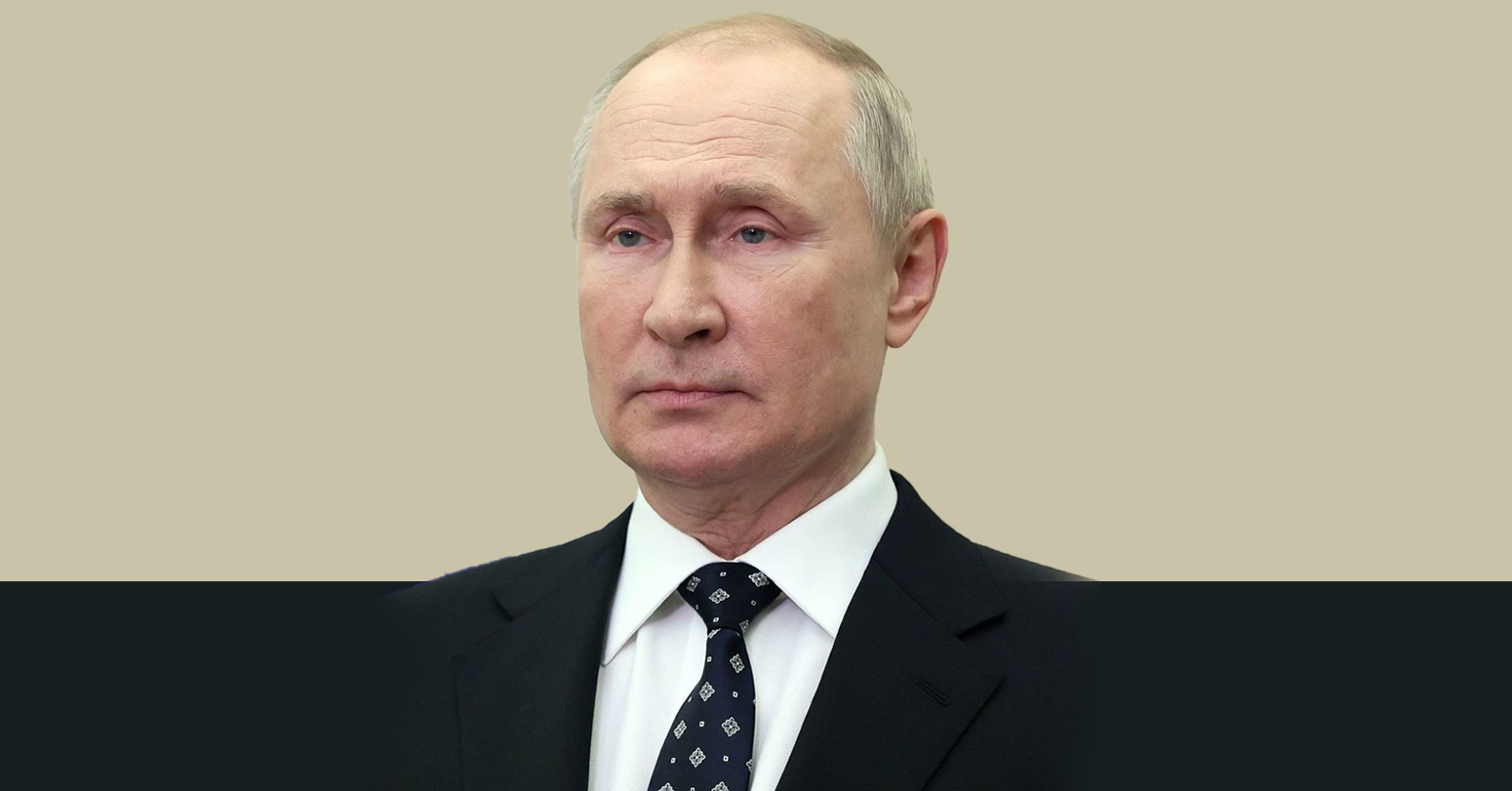
Eighteen years have passed since the Comprehensive Peace Accord was agreed upon, with the goal of building a pluralistic state system by securing the peaceful descent of Maoist forces involved in armed conflict. The core ideas of the peace deal have not been completely implemented throughout the years. Political leaders appear to be more concerned with who will take the credit for promoting and maintaining peace. The ten-year conflict in the name of Maoist ideology is remembered as a bloody chapter in Nepal's history. Except for the Maoist party and its then allies and supporters, no one wants to recall the brutal history. It appears that the top leaders of the Maoist party itself are forsaking the sapling that emerged from the root of violence. Dr. Baburam Bhattarai, a scholar and the armed violence planner, has announced that the communist movement is over and has turned his back on it. The appealing and chaotic slogan of class struggle and the elimination of class enemies has likewise devolved into a farce.
The ousting of the monarchy represents the culmination of Maoist bloodshed. However, the political battle continues to this day. But it is more peaceful, participative, and organized. The Comprehensive Peace Agreement was based on the 12-point agreement signed on Mangsir 7, 2062 BS, and the nonviolent people's movement. Under the pressure of the people's movement, the then-King Gyanendra moved from the palace to Nagarjuna. The palace had a tremendous arsenal of weaponry. However, in the face of an unarmed people, disarmament and disarming of weapons are mandatory—not just the giving up of the weapons but also of authority. Gyanendra was defeated in front of a group of unarmed people. However, substantial disagreements remain concerning the 12-point agreement's foundation and some of the reforms it included. That theoretical argument is being fostered by the lack of effort in accordance with the Comprehensive Peace Agreement.
The Comprehensive Peace Accord ensures respect for those killed in violence, appropriate respect, maintenance for the victims' families, proper employment, skills, support for those who have lost limbs, fair compensation for those who have been displaced and whose property has been confiscated, and justice for the families of the disappeared by making accurate details about them public. The accord also aims to take action against workplace offenders, policy-level offenders, and leaders of injustice who commit crimes under the pretext of non-violence. The first step in establishing the principles of justice and injustice is to eliminate class enemies, or those who blatantly encourage the looting of wealth; the second is to clearly define those who engage in unjust acts in the name of defense. The concepts of justice and injustice will be obliterated if this is not fulfilled. However, the Truth and Reconciliation Commission Act is endorsed in order to start the process of forming a commission after all these years.
While some of the leaders who signed the Comprehensive Peace Accord have since passed away, others have turned scandalous since entering power. The peace accord should have paved the way for political stability, a democratic system, growth, and prosperity. It should have been possible for the average citizen to experience the implementation of the good governance issue. Now, however, nothing credible has been done, aside from the abolition of the state institution and the armed disintegration of the Maoists. It appears that corruption is engulfing the leadership. The new ones are smelling like rotten pumpkins, having come up with slogans to push out the old ones.
They appear to have even been embarrassed by their work as of late. Additionally, funding for alternatives, change, power transfers, and generational transfers has lost all significance. Every day, people are moving to other parts of the world in pursuit of employment opportunities. Nepali culture, heritage, and original identity are suffering as a result of the country's revolutionary changes. Development, political stability, less foreign meddling, and good governance are all impossible without a powerful vision. The present situation of our nation reflects the grim depiction of the Comprehensive Peace Accord's core principles. However, let us hope that the country will develop by mending the damaged path, that the average citizen will be able to proudly call it my country, and that opportunities for living will be found within our own country.







Someone essentially lend a hand to make significantly posts I might state. That is the very first time I frequented your web page and thus far? I amazed with the research you made to make this actual post amazing. Magnificent task!